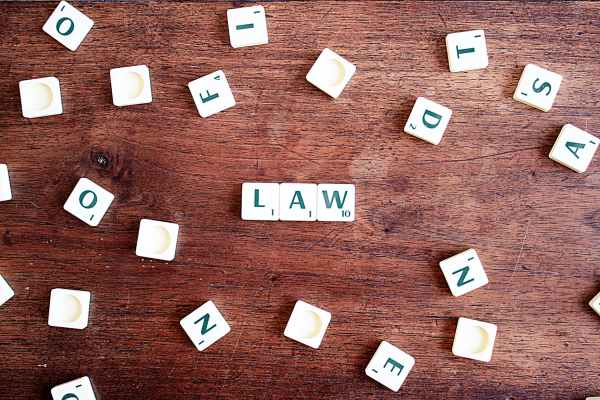Introduction No form of discrimination on the basis of religion, ethnicity, caste, or place of birth is one of the rights that India's Constitution grants to its residents. This right is established in Part III of the Indian Constitution under the category of Fundamental Rights. Caste- and religion-based prejudice have long prevailed in India. Before... Continue Reading →
ARTICLE 17: ABOLITION OF UNTOUCHABILITY
Article 17: Abolition of Untouchability: “Untouchability” is abolished and its practice in any form is forbidden. The enforcement of any disability arising out of “Untouchability” shall be an offence punishable in accordance with the law. INTRODUCTION A crucial component of the Right to Equality is Article 17. It offers social justice in addition to equality.... Continue Reading →
ARTICLE 16 : EQUALITY OF OPPORTUNITY IN MATTERS OF PUBLIC EMPLOYMENT
INTRODUCTION The right to equality is one of the essential liberties granted to all Indian citizens by the Indian Constitution. Article 16 addresses the equality of opportunity in fields of public employment. There is no universal consensus on the precise meaning of the word "equal opportunity," which has several different definitions. The Indian Constitution offers... Continue Reading →
ARTICLE 18: ABOLITION OF TITLES
INTRODUCTION Part III of the Indian Constitution mentions the elimination of titles. The "Abolition of Titles" is covered under Article 18 of the Indian Constitution. ARTICLE 18: EXPLANATION The state shall not confer any titles on any person, whether an Indian or a foreigner, under the state services, which are neither academic or military honours.... Continue Reading →
ARTICLE 22: PROTECTION AGAINST ARREST AND DETENTION
INTRODUCTION In a free society like ours, the individual's right to personal liberty is important. No one may be detained without a court order. Personal freedom is a fundamental human right. The Indian Constitution's Article 22 covers the rights of someone who has been arrested or detained in general. The rights of a person who... Continue Reading →
ARTICLE 21: PROTECTION OF LIFE AND LIBERTY
INTRODUCTION Six fundamental rights are guaranteed to Indian citizens by the constitution. One of the essential rights that allows a person to live his or her life without restriction is the right to life and personal liberty. The scope of this right has expanded and is still on the path of intensification, even though it... Continue Reading →
ARTICLE 20: PROTECTION IN RESPECT OF OFFENCES
INTRODUCTION In our daily lives, we encounter a variety of news items when someone is accused of doing some offence (s). Whether those who are charged or who must appear before courts for a trial have any form of fundamental rights or protection is the primary issue that every legal enthusiast has when they encounter... Continue Reading →
ARTICLE 19
INTRODUCTION Article 19 of the Indian Constitution guarantees six fundamental freedoms. Part 3 of the constitution deals with Article 19. All six of the rights protected by article 19 relate with giving Indian citizens freedom, which can only be restricted by a state decree in an emergency or for the reasons listed in section 2... Continue Reading →
RIGHT TO FREEDOM
INTRODUCTION The definition of "freedom" is essentially "not to be constrained in any way." Freedom encompasses a variety of individual rights, including the freedom of movement, the freedom of speech and self-expression, the freedom of religion, the freedom to travel, the freedom to work, the freedom of self-identity, the freedom to own property, etc. The... Continue Reading →


